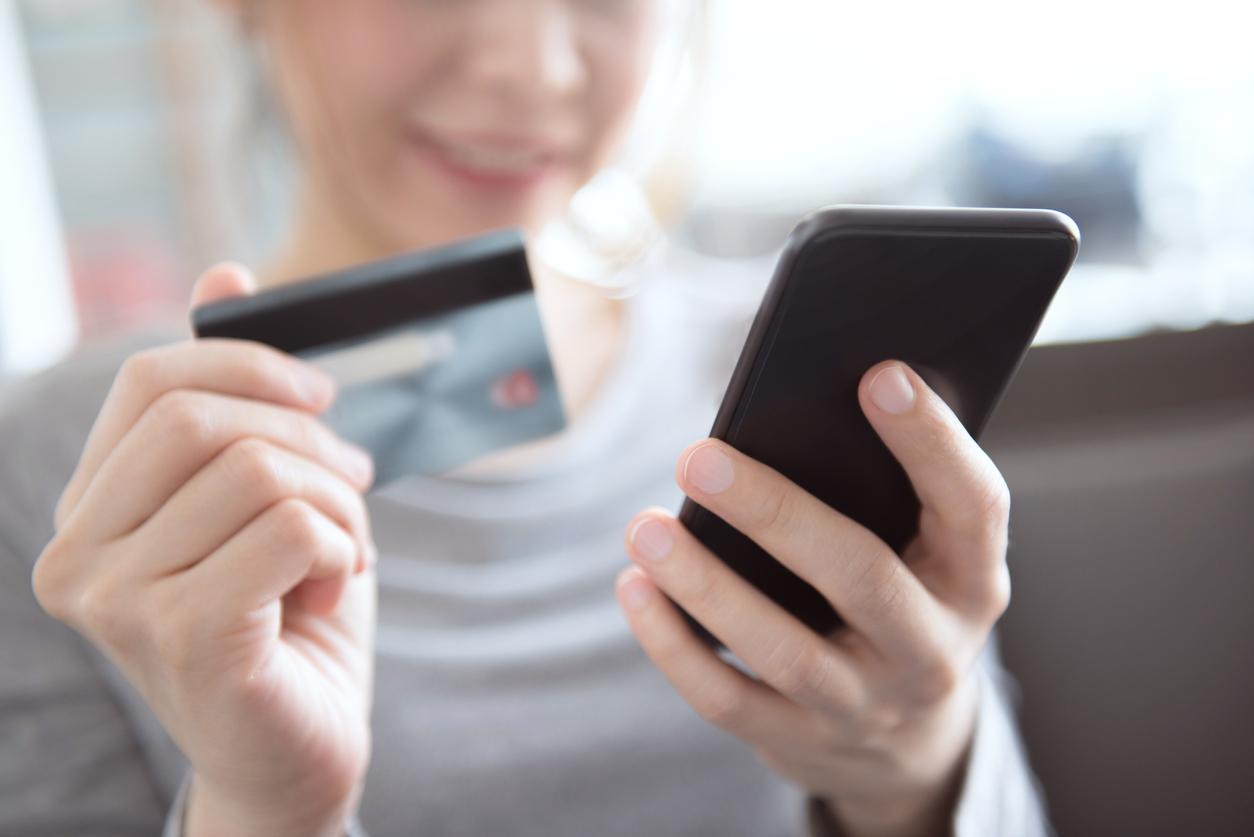
Online shopping addiction should be recognized as a mental health condition according to experts
By Mark PygasNov. 15 2019, Updated 10:23 a.m. ET
Buying-shopping disorder (BSD) has been recognized as a problem for decades now, but experts are calling for it to be recognized as a mental health condition after the explosion in online shopping in recent years mean that one in 20 people are now affected by the problem.
Dr Astrid Müller, a psychotherapist at Hannover Medical School in Germany, says that people obsessed with online shopping can end up hoarding purchases, getting into debt, damaging relationships and losing self-control because of their addiction.

In a study of 122 patients seeking help for online shopping addictions, Müller found higher than usual rates of depression and anxiety.
Müller argues that in the modern age, people can shop 24 hours a day. And with online shopping being non-physical, in the sense that people often don't realize how much they've purchased as they would in a brick and mortar store, Müller wants BSD to be classified as a mental health disorder.
“It really is time to recognize BSD as a separate mental health condition and to accumulate further knowledge about BSD on the Internet,” Müller said.
Currently, BSD is classified as part of a category of disorders named "other specified impulse control disorder." It is not classed as a disorder by itself.
Müller explained that BSD, particularly in its online form, can cause a loop of extreme cravings for buying things and the good feelings that come with spending money.
This can then lead to "a breakdown in self-control, 'extreme distress', other psychiatric problems, relationship difficulties and physical clutter and debt" according to the Daily Mail.
Müller added: 'We hope that our results showing that the prevalence of addictive online shopping among treatment-seeking patients with BSD will encourage future research addressing the distinct phenomenological characteristics, underlying features, associated comorbidity, and specific treatment concepts.'

Ryan Howell, an associate professor of psychology at San Francisco State University in California, explained to the BBC that buying things feels good because it's part of a survival instinct. Back when we were hunter-gatherers, people would grab things they wanted even if they didn't need them because they might not come across that item again.
The same mindset applies today, except scarcity isn't an issue and we can buy pretty much anything whenever we want it.
“If you see something that seems to be running in short supply, you’re going to get it,” Howell said. When we see something on sale, that scarcity impulse kicks in and we buy it.
Scott Rick, an assistant professor of marketing at the University of Michigan, also explained that we buy things because it makes us feel good.
For people who are feeling sad, shopping restores a sense of control in their lives.
Online commenters seemed to be supportive of making BSD a disorder, with one user writing: "I can quite see how this could become an addiction for some people. especially for lonely ones. It"s a pleasurable thing to do."
While another added: "I've done it myself, often. You get fed up and you go buy yourself something to cheer yourself up, supposedly! Not that when you see the bank statement!"
